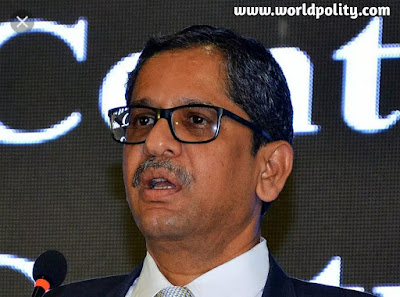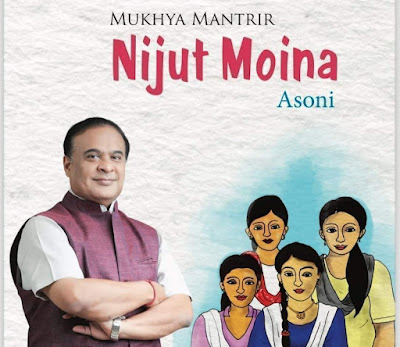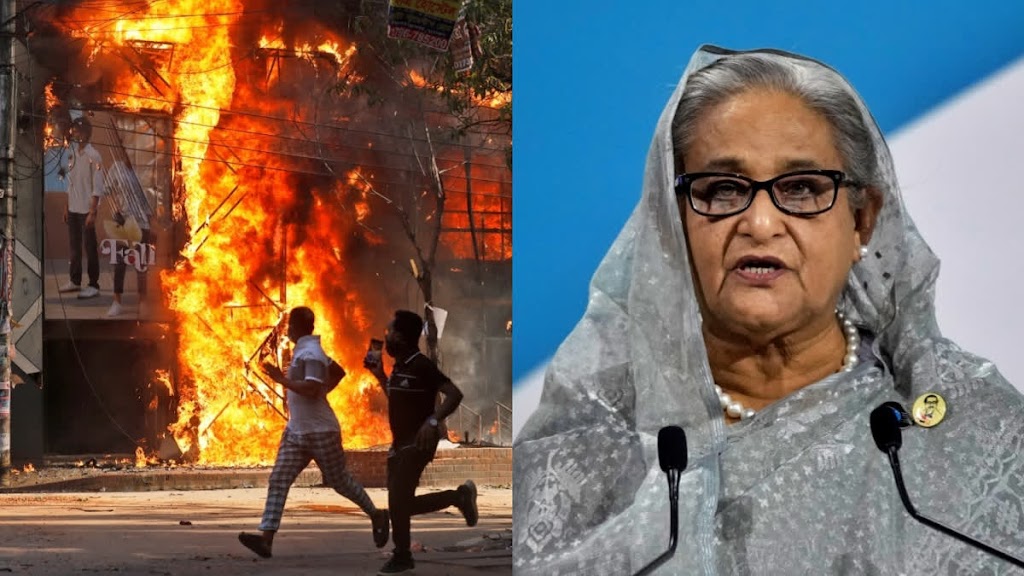Table of Contents
ToggleJustice NV Ramana Appointed as Chief Justice Of India
Justice NV Ramana appointed as the New Chief Justice of India on April 6 by President of India Ram Nath Kovind. He took over as 48th Chief Justice of India on April 24. The previous Chief Justice of India SA Bobde was retired on April 23. Infact it is Chief Justice of India Justice SA Bobde had recommended Ramana as his successor in keeping with convention and norms of seniority.
Justice Ramana will have a tenure as the country’s top judge till August 26, 2022. Born in an agricultural family in Andhra Pradesh’s Krishna district on August 27, 1957. He will be the only 2nd Chief Justice of India from the land of Andhra Pradesh. Justice Ramana was a student leader during the nationwide Emergency in 1975.
* Download World_Polity Android App — CLICK HERE
The New Chief Justice of India Justice NV Ramana started his carrier as an Advocate on February 10, 1983. On June 27, 2000 Justice Ramana appointed as a permanent Judge of the Andhra Pradesh High Court. He has specialized in constitutional, criminal, service and inter-state river laws, according to the website of National Legal Services Authority.
During his tenure Justice Ramana has dealt with several high profile cases in the apex court. Justice Ramana was part of a five-judge constitution bench which had in November 2019 held that office of the CJI is a public authority under the Right to Information Act.
Justice Ramana has dealt with several high-profile cases in the apex court.
Landmark Judgments of New Chief Justice of India Justice NV Ramana :
As a Supreme Court Judge, Justice Ramana has been part of several landmark judgments, including the one about fast tracking of trials in cases against legislators and restrictions imposed in Jammu and Kashmir before and after the abrogation of Article 370.
On March 2 last year, a five-judge Constitution bench led by Justice Ramana declined a plea to refer to a larger Bench petitions challenging the abrogation of Article 370 of the Constitution, which gave special status to the erstwhile state of Jammu and Kashmir. Earlier, in one of the judgments in January 2020, Justice Ramana ruled that access to the internet is a fundamental right by extension, while pulling the government up for the telecommunications blackout in Jammu and Kashmir after the state’s special status was revoked on August 5, 2019.
In another judgment, a five-judge Bench of the Supreme Court headed by Justice Ramana, dismissed a curative petition filed by Pawan Kumar Gupta who was sentenced to death in the 2012 Nirbhaya gang rape and murder case, thus paving way for his execution. Four Nirbhaya case convicts, including Pawan Kumar Gupta, were hanged to death in Tihar jail on March 20, 2020.
He also delivered the landmark verdict in the Karnataka assembly case, clarifying the legal position that disqualification under the Tenth Schedule for defection could not operate as a bar for contesting re-election.
In February this year, a Bench headed by him held that the restriction against grant of bail in a stringent law like The Unlawful Activities (Prevention) Act, 1967, “per se does not oust the ability of constitutional courts to grant bail on grounds of violation” of a fundamental right to a speedy trial.
For timely updates related to your query on Polity, International Polity, Indian Polity, GK, Trending Topics, Govt Job, UPSC, APSC – like us on Facebook or join our telegram channel & Subscribe our channel on Youtube. To Read more visit World_Polity. Thank You……
* Related important searches :
* New Chief Election Commissioner of India Sushil Chandra
* Gandhi Peace Prize for the Year 2019 & 2020 announced



